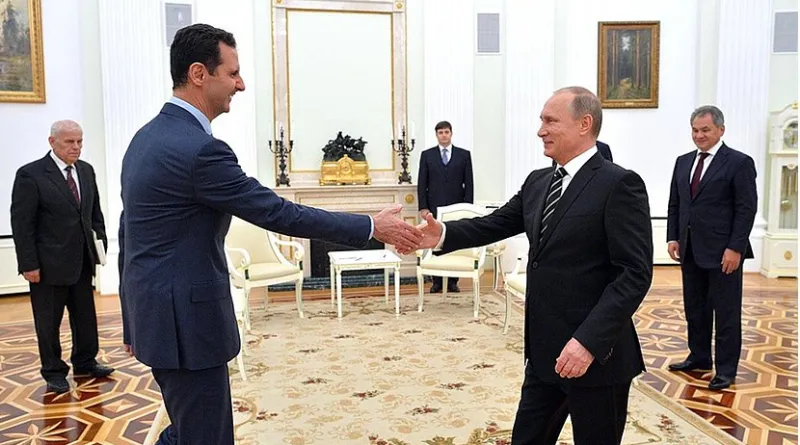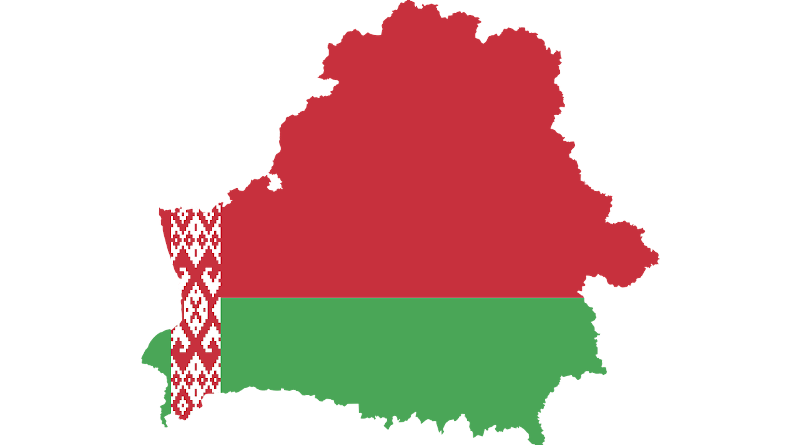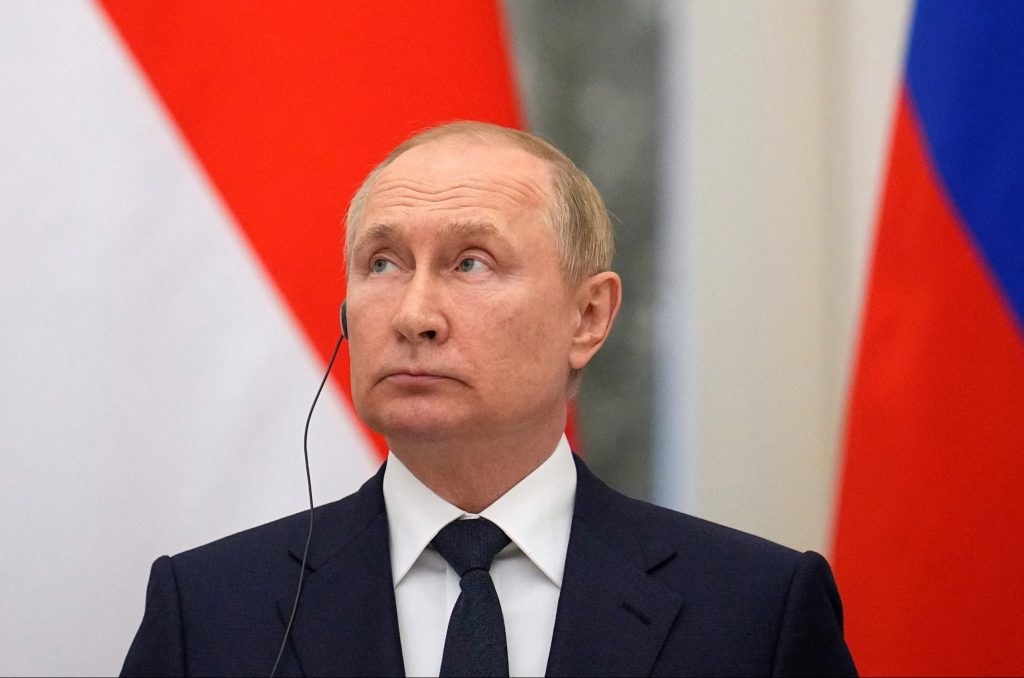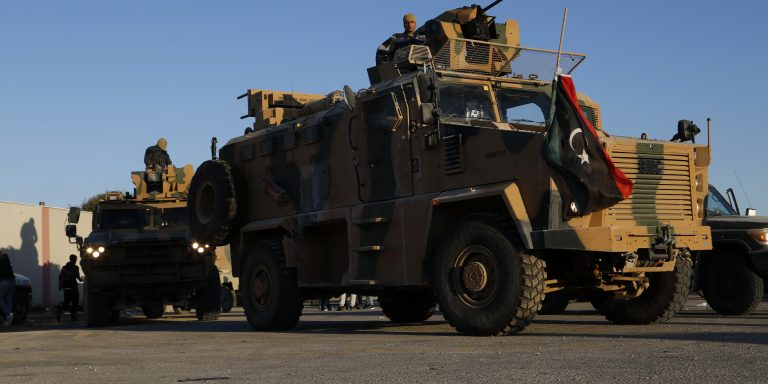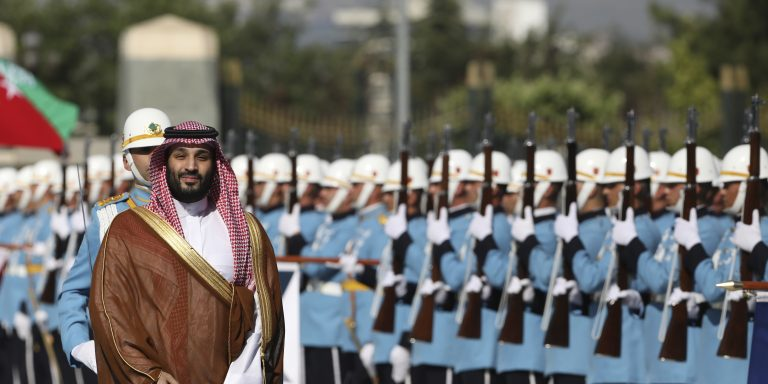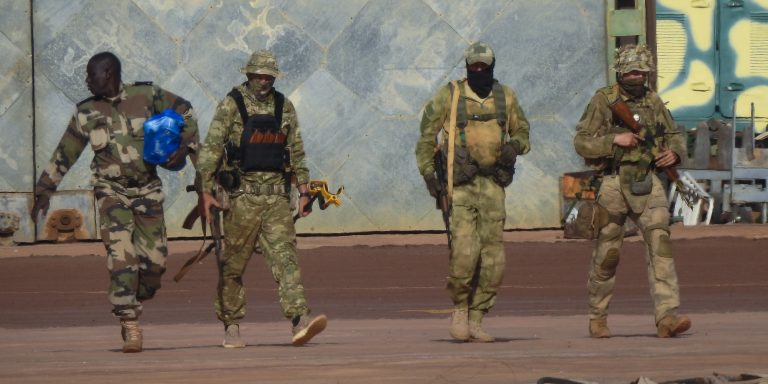Ethiopia: Mass-Atrocities, Genocide In Oromia Region Against Amhara People

INTRODUCTION
This paper is partly driven by a recent case of hate speech uttered by an Oromo student at Harvard University (1). In this speech, the student encouraged the Oromo youth to ’eat up the Amhara flesh and drink their blood’ and then implied that such actions are energizing and, indeed, can even make you smarter. (2)

